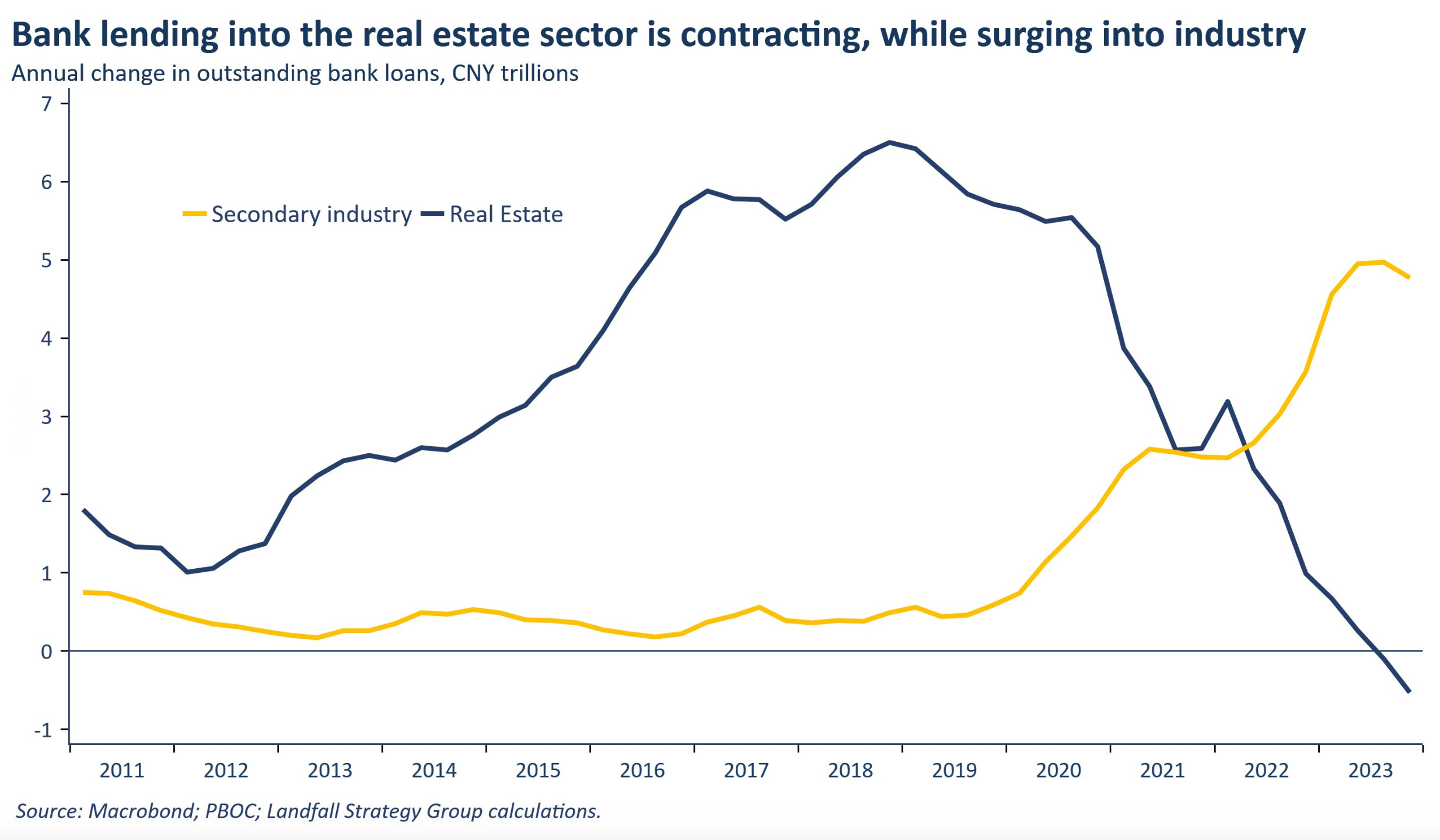I wrote most of this before Biden dropped out. Revised lightly. Biden’s decision clears the table, shuffles the cards, and deals out new hands. But it really doesn’t change the race. It was and still is about Trump and turnout.
TLDR: Election are decided by the actual voters – who shows up and who stays home. We are likely heading into a low enthusiasm, low turnout election skewed by state abortion ballot initiatives. Low turnout means most actual votes come from “likely voters.” The one certainty is how swing state abortion rights initiatives will skew turnout in favor of Democrats. They could prove more decisive in this election than the personalities involved…That math tilts in favor a Democratic president. The lower voter’s enthusiasm, the more the math leans against Trump. That is just what the polling data tell us – follow this link if you disagree.
My day job is to look for places where a lazy consensus isn’t supported by facts. That’s all I am doing here. Per the data above, the facts have changed, but people haven’t updated their assumptions. That creates potential for a surprise.
My quick take post-Biden? Outside of his immediate family, no-one really voted “for” Joe Biden. The same applies in 2024. The race remains a contest between Trump and “Any Competent Adult” (a great bumper sticker I saw last cycle).
- If low turnout wins, a bland Democrat would fare better than a polarizing one.
- Kamala is polarizing. That is bad. Although maybe she sucks even more enthusiasm out of the race? It would be is a strange path to victory, but a win is a win (if not a mandate…).
We won’t have a clean answer until the “likely voters” convert to actual votes. We know likely voters skew Democratic. We also know abortion-rights initiatives will skew it Democratic. We also know a lot of people aren’t looking at this race from the bottom up…
- Abortion is on the ballot in a lot of swing states. That will REALLY skew turnout. Boosting it for (Democratic skewing) women in general and college educated women in particular. DEPRESSING turnout among Republican-leaning women – especially college educated women in (swing) suburban districts. They will also boost turnout by motivated anti-abortion voters, but they are already counted in that 30% MAGA “likely voter” segment. So their participation doesn’t change the equation…
- The Trump show is getting old and tired in its 3rd season. The aging star isn’t as fresh or fun… If you could see past the Biden dumpster fire, Trump’s debate & convention speech came across more like an aging Vegas comedian re-hashing old routines in some off-Strip casino to a static fan base that already knows the punch lines.
- Trump’s vote totals are also capped. Pretty much everyone has already made up their minds about Donald Trump. So who can he persuade to change their minds? Low-turnout. low-information voters…
- Enthusiasm is super low. Democrats are depressed. A huge, silent, college educated segment of the Republican voter base is equally depressed. Neither group really likes the choices both parties are shoving down our throats. No matter who replaces Biden, that sentiment likely remains.
- Hardcore MAGA Trumpers (about 30%-35% of active voters?) are energized, but their enthusiasm is partly self-canceling. They will drive up turnout by people in the “very likely voter” segment.
None of the above is necessarily decisive. But it tells us to beware headline poll numbers. If anything, Trump-friendly poll headlines HURT Trump’s chances. Look at what happened to Hillary in 2016. Her polling lead motivated the haters and de-motivated her less-committed supporters A lot of people woke up Wednesday morning deeply regretting their no-shows the day before…


